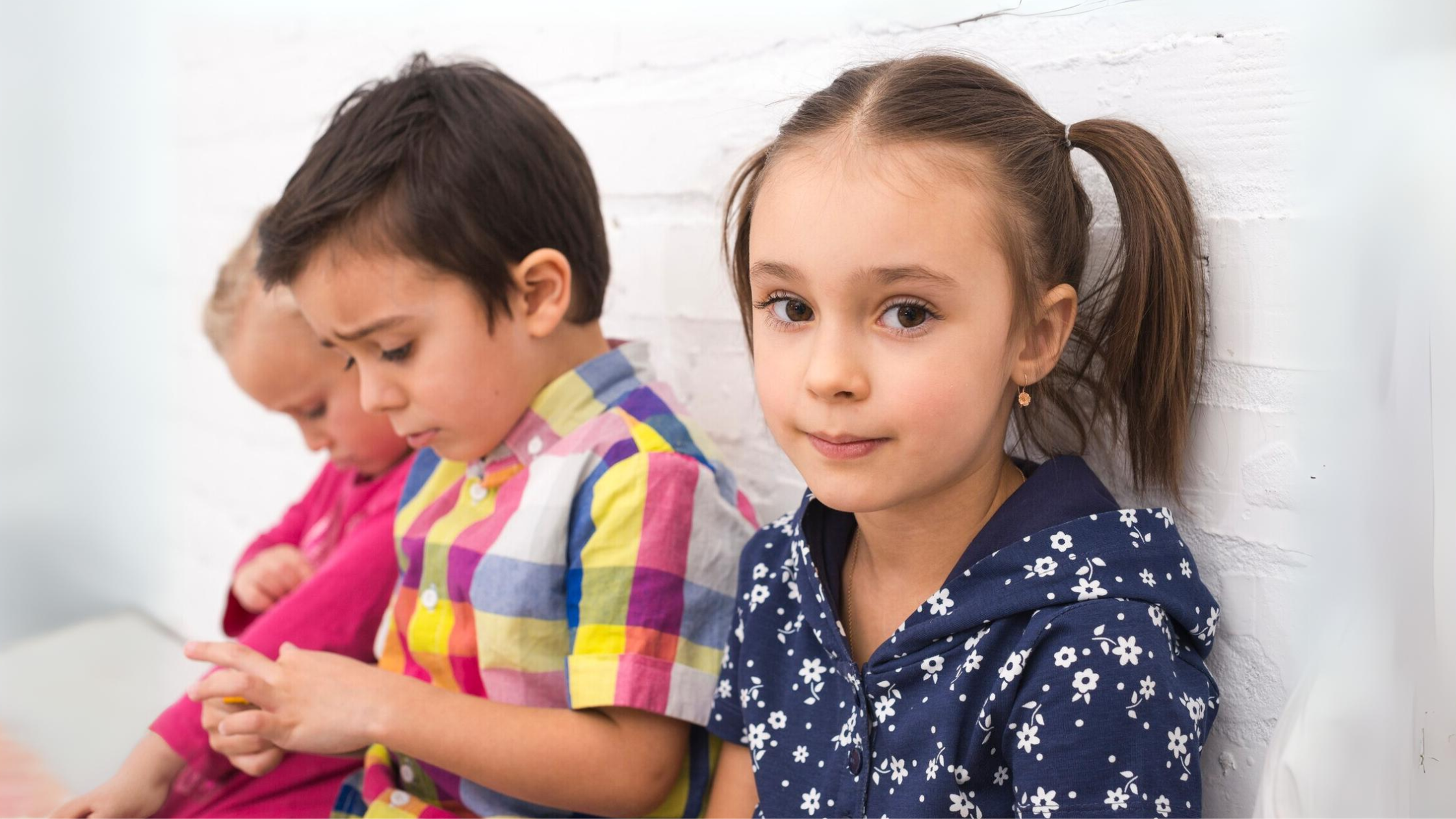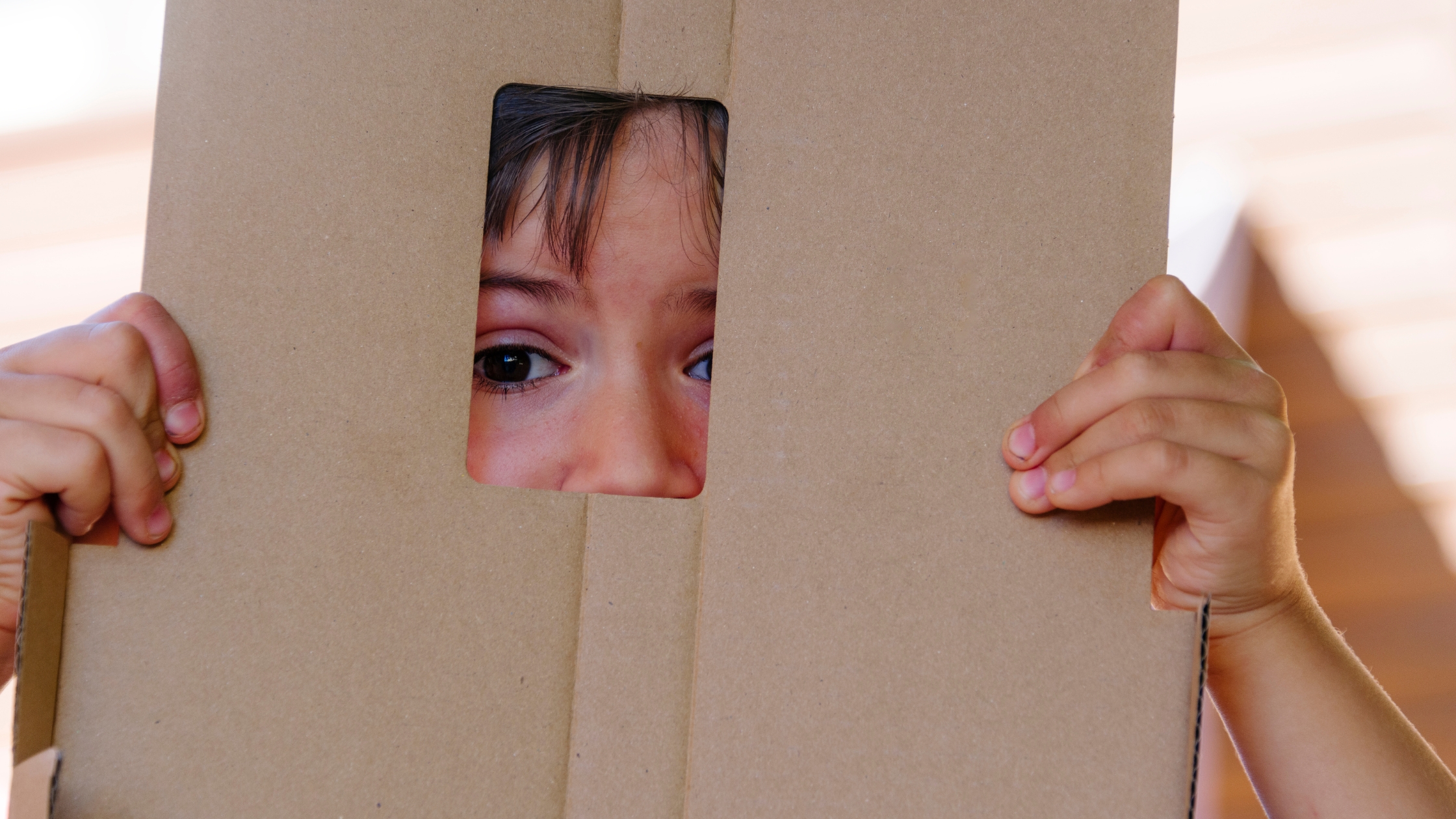Introduction
Shyness, often seen as a "natural reserve," is particularly common and intense in young children. This happens because so many situations are new to them, and they are surrounded by strangers. As children grow older, their memories of people, places, and appropriate social behaviors expand. Gradually, they learn how to make "small talk" and navigate unfamiliar social situations with more ease. But, it’s essential to look at shyness from the child’s perspective. Usually, the child’s bashful reaction is prompted by something specific in their environment, such as a person or situation they’re unfamiliar with.
An excellent analogy is how people interact in elevators—minimal conversation and interaction, even though everyone knows how to engage socially in other settings. Imagine an alien observer concluding that humans are naturally shy, simply because of how little we talk in such confined spaces. This perspective helps us understand that shyness isn’t always a permanent trait, but more often a response to unfamiliarity or discomfort.
Some adults see shyness in children as desirable—believing that "silence is golden" or that children should be seen and not heard—not all parents feel this way. A parent might feel embarrassed when their child runs to hide behind them in response to another adult’s attention, clinging tightly and avoiding interaction. In fact, studies show that around 42% of people consider themselves "shy" at some point in their lives. Moreover, 80% of people surveyed admitted they were shy either now or at some earlier stage in life. Many of these individuals view shyness as a problem that interferes with their personal or social lives.
How Parenting Styles Affect Shyness

Parenting styles play a crucial role in how shyness develops and manifests in children. According to psychologist Diana Baumrind, there are three basic parenting styles, each impacting children in different ways:
1. Permissive Style: This style allows the child as much freedom as possible, within the bounds of their safety and survival.
2. Authoritarian Style: This approach values obedience and imposes strict limitations on the child’s autonomy.
3. Authoritative Style: This method balances freedom with guidance, directing the child’s actions in a rational, issue-focused manner.
Research shows that the authoritative style is the most effective in combating shyness. It fosters security and self-confidence in children by providing them with structure while also encouraging independence. This approach allows children to grow socially, without the constraints of fear or overwhelming control.
Shyness and Self-Esteem

Shyness and low self-esteem often go hand-in-hand. Shy individuals, while often skilled or talented, are usually their own worst critics. They set incredibly high standards for themselves and are frequently disappointed when they fail to meet these unrealistic expectations.
Common Triggers for Shyness
Shyness can be triggered by various people and situations, especially those that increase self-consciousness or highlight a perceived lack of social skills.
People who commonly trigger shyness include:
1. Strangers
2. Authorities (due to their knowledge or role)
3. Members of the opposite sex
4. Relatives or foreigners
5. Elderly individuals (for the young)
Situations that can provoke shyness often include:
1. Large groups (e.g., giving a speech)
2. Situations requiring assertiveness
3. Being evaluated or judged
4. Vulnerable scenarios (e.g., asking for help)
For instance, a shy child might become overwhelmed when greeted by a group of visiting relatives, each offering enthusiastic hugs and questions. This pressure can trigger a retreat into silence or a need to escape the situation.
What Shyness Can Do to Children

Shyness can have significant negative impacts on both children and adults. It may:
* Prevent them from meeting new people or enjoying social experiences.
* Limit their ability to express opinions or stand up for their rights.
* Lead to self-consciousness and a heightened focus on personal reactions instead of other people.
* Make it difficult to think clearly or communicate effectively, impacting school performance.
* Result in negative emotions such as depression, anxiety, low self-esteem, and loneliness.
Shy children are also more vulnerable to peer pressure and may struggle to ask for help when needed. Their shyness can be misunderstood as disinterest or coldness by others, further isolating them from social interactions. As poet Alfred Lord Tennyson observed, "Shy she was, and I thought her cold." This misunderstanding often reinforces a cycle of shyness and isolation.
Conclusion: Shyness—A Virtue or a Challenge?
Shyness can be both a virtue and a challenge, depending on the individual and their goals. For some, shyness allows for introspection and creativity, enabling them to thrive in solitude. However, for many, shyness can limit social experiences, confidence, and personal growth.

As parents, it's crucial to refrain from labeling our children as “shy,” “talkative,” “disobedient,” or anything else that can box them into a specific identity. Labels tend to stick in children’s minds, affecting their self-perception and behavior over time. Instead of focusing on what they aren’t, it’s essential to raise their self-esteem and build their confidence by recognizing and nurturing their unique talents and creative sides. This helps them feel valued for who they are, not who we expect them to be.
By praising what they are good at, we contribute to their growing confidence. The more they feel confident in their strengths, the more expressive they become. This boost in self-esteem not only helps shy children overcome their fears but also enables them to shine in areas where they excel.
As Catherine Tate aptly put it, "Although I was a shy child, I was also a bit flamboyant." Every child is multifaceted, and with the right support, they can balance both their introverted and expressive sides. Our role as parents is to foster that balance, helping them embrace their individuality while gently guiding them toward confident social interactions.

DROOMPLANET
Story-based Programs
2019 © DroomPlanet Pvt. Ltd. All rights reserved




